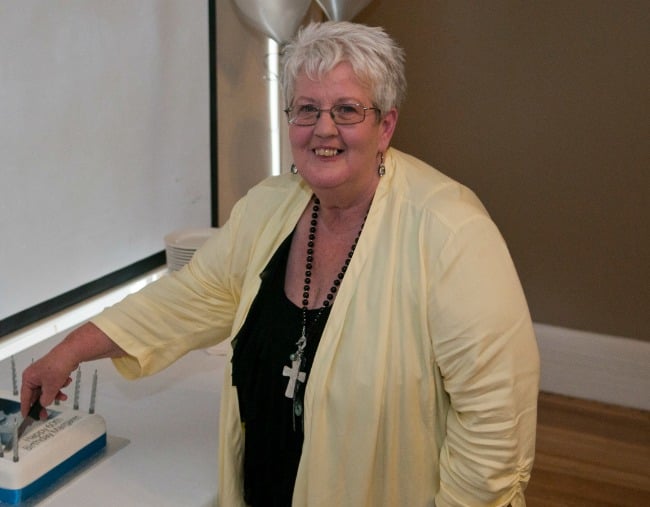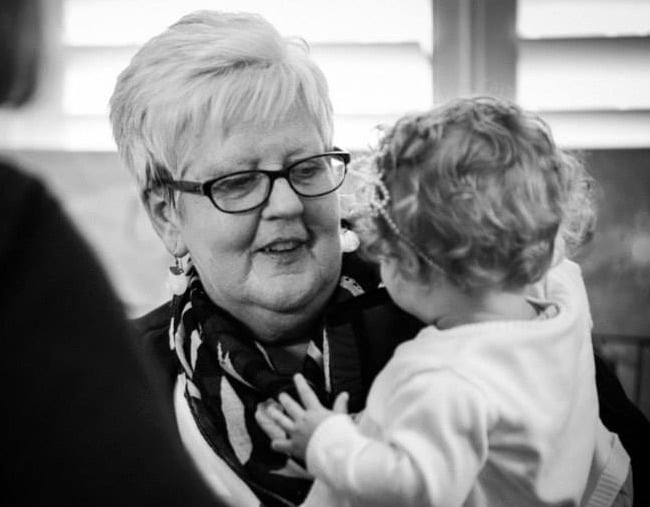
Finding a lump in your breast is probably one of the scariest things I could imagine happening.
As a woman, being told to conduct regular self-exams is just one of the fun and exciting tests we have to look forward to on our health calendar.
But so far, touch wood, I haven’t ever had the experience of discovering anything untoward in one of these self-exams.
I do know, as most of us unfortunately do, women that have.
Recently, one of these women was my mother.
My mum is one of those people, common of a certain generation, who worries about every minor affliction (sniffles, a cough, cracked skin), but when something more sinister displays itself seems to avoid it for as long as possible.
So, when my mum told me she had found a lump in her breast there was no way I was letting her take her time getting it looked at.






























































































